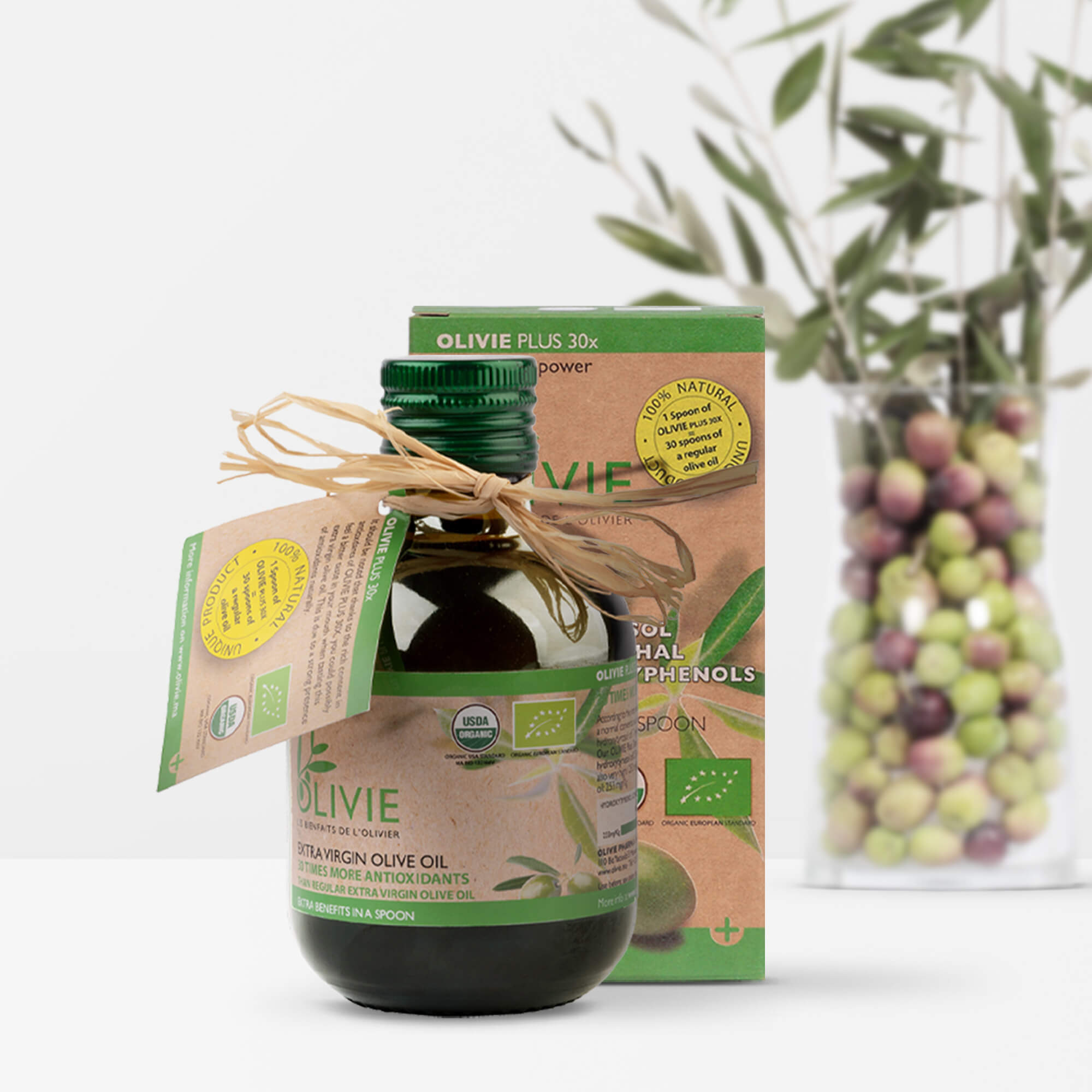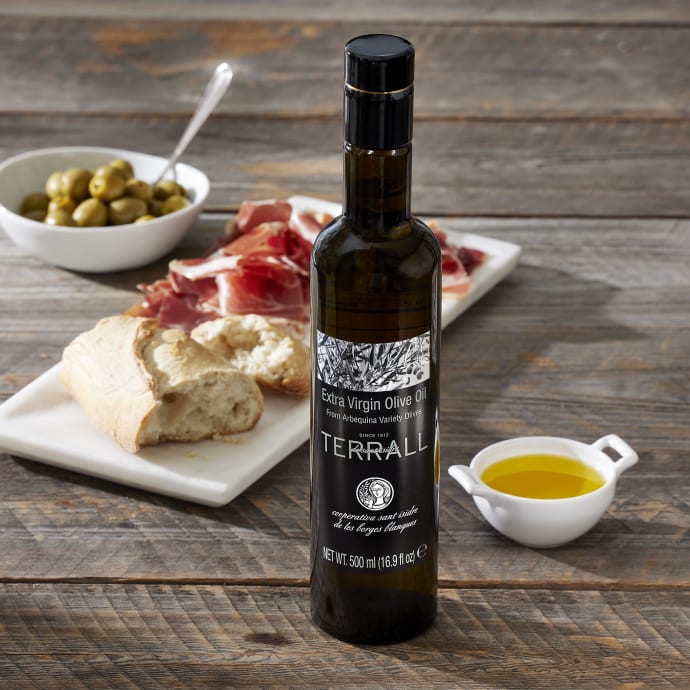How Extra Virgin Olive Oil Benefits Your Heart and Overall Well-being
How Extra Virgin Olive Oil Benefits Your Heart and Overall Well-being
Blog Article
Checking Out the Different Sorts Of Olive Oil and Their Usages, Including Bonus Virgin Olive Oil
The expedition of olive oil encompasses a diverse array of types, each offering unique flavors and culinary applications. Additional virgin olive oil, renowned for its premium quality and wellness benefits, offers as a staple in several kitchen areas, yet it is just one element of this multifaceted ingredient.
What Is Olive Oil?
Stemmed from the fruit of the olive tree, olive oil is a staple in Mediterranean cuisine and an essential active ingredient in various culinary applications. This flexible oil is generated by pressing whole olives, leading to a fluid that differs in color, flavor, and scent relying on the kind of olives used, the area of farming, and the extraction process. Olive oil is mainly made up of monounsaturated fats, particularly oleic acid, which is known for its prospective health and wellness advantages, consisting of anti-inflammatory residential properties and cardiovascular support.
Along with its culinary uses, olive oil has a long history of application in typical medicine and skincare, owing to its rich antioxidant content (extra virgin olive oil benefits). The oil is frequently utilized in dressings, marinates, and for cooking methods such as sautéing and roasting. Its unique taste profile can improve the taste of various dishes, making it an important component for both home cooks and professional chefs
Furthermore, olive oil is commemorated for its duty in the Mediterranean diet plan, which is linked with countless wellness advantages. As understanding of these advantages expands, olive oil remains to gain popularity worldwide as a fundamental part of a healthy and balanced way of life.
Kinds Of Olive Oil
Understanding the various kinds of olive oil is vital for both health-conscious customers and culinary enthusiasts. Olive oil is identified mainly based upon its removal approach and high quality, which considerably affects its health and wellness, flavor, and scent benefits.

Light olive oil, regardless of its name, describes a lighter flavor and not lower calories. It is ideal for those seeking a more refined taste in marinades and dressings. In addition, there are flavorful olive oils infused with natural herbs, seasonings, or citrus, which can improve meals without the need for added spices.
Each kind of olive oil offers certain cooking purposes, and comprehending these differences allows customers to make educated choices that straighten with their food preparation styles and wellness goals.
Extra Virgin Olive Oil
Additional virgin olive oil (EVOO) is widely considered as the highest possible quality olive oil readily available, renowned for its rich taste and numerous health and wellness benefits. To be identified as extra virgin, the oil needs to be produced from fresh olives making use of mechanical processes, without using solvents or excessive warm. This meticulous technique preserves the oil's natural tastes, antioxidants, and healthy and balanced fats, resulting in an item with a reduced acidity degree of less than 0.8%.
EVOO is plentiful in monounsaturated fats, specifically oleic acid, which is linked to minimized swelling and improved heart wellness. It also includes polyphenols, effective antioxidants that may offer protective impacts versus chronic illness. The flavor profile of EVOO can differ significantly depending upon the olive selection and region of production, ranging from fruity and verdant to robust and peppery.

Culinary Uses of Olive Oil

In cooking, olive oil can be utilized for sautéing, roasting, and grilling, providing a healthier alternative to butter or various other fats. Its high smoke factor makes it ideal for numerous cooking approaches, while its anti-oxidants contribute to a heart-healthy diet. Drizzling olive oil over finished recipes, such as pasta, fish, or barbequed vegetables, can boost flavors and include a touch of beauty.
In addition, olive oil plays a substantial function in baking, where it can change conventional fats in dishes for bread and pastries, presenting wetness and a refined preference. It also acts as a base for instilled oils, permitting cooks to trying out flavors such as garlic, natural herbs, or chili, better Clicking Here expanding its cooking capacity. In general, olive oil's flexibility makes it crucial in both home and specialist kitchen areas.
Deciding On High Quality Olive Oil
When picking top quality olive oil, it's necessary to consider several vital variables that influence the item's health and wellness, flavor, and fragrance advantages. First and primary, select extra virgin olive oil (EVOO), which is stemmed from the very first cool pressing of olives and has the highest degree of antioxidants and beneficial compounds. Try to find oils that are licensed by recognized organizations, as this usually guarantees adherence to rigid top quality standards.
The packaging additionally plays a significant role in protecting the oil's honesty. Pick oils stored in dark glass bottles or tins to safeguard versus light destruction. Focus on the harvest date; fresher oils offer remarkable taste and dietary worth, so pick items that are within 18 months of their harvest.
Furthermore, consider the origin of the oil. Top notch olive oils usually originate from specific regions linked here known for their distinct flavor profiles, such as Italian, Spanish, or Greek oils. Finally, understand the taste; a top quality olive oil must have an equilibrium of fruity, bitter, and sharp notes, suggesting its splendor and complexity. By reviewing these aspects, you can ensure you are selecting the very best olive oil for your culinary needs.
Conclusion
In recap, the expedition of various sorts of olive oil discloses unique qualities and applications, with extra virgin olive oil standing for the pinnacle of quality as a result of its reduced acidity and high antioxidant web content. Its versatility in cooking uses enhances tastes in dressings, marinades, and showers. Comprehending the different selections of olive oil permits informed selections in cooking approaches, anonymous promoting much healthier methods while enriching the total gastronomic experience. Quality selection continues to be vital for optimum benefits.
Acquired from the fruit of the olive tree, olive oil is a staple in Mediterranean cuisine and an essential active ingredient in various culinary applications.The most usual types of olive oil include improved olive oil, pure olive oil, and light olive oil.Extra virgin olive oil (EVOO) is commonly pertained to as the highest high quality olive oil readily available, celebrated for its rich taste and countless health benefits. Choose for added virgin olive oil (EVOO), which is derived from the first chilly pushing of olives and has the highest levels of antioxidants and valuable compounds.In summary, the exploration of different types of olive oil exposes distinctive features and applications, with extra virgin olive oil representing the pinnacle of high quality due to its low level of acidity and high antioxidant content.
Report this page